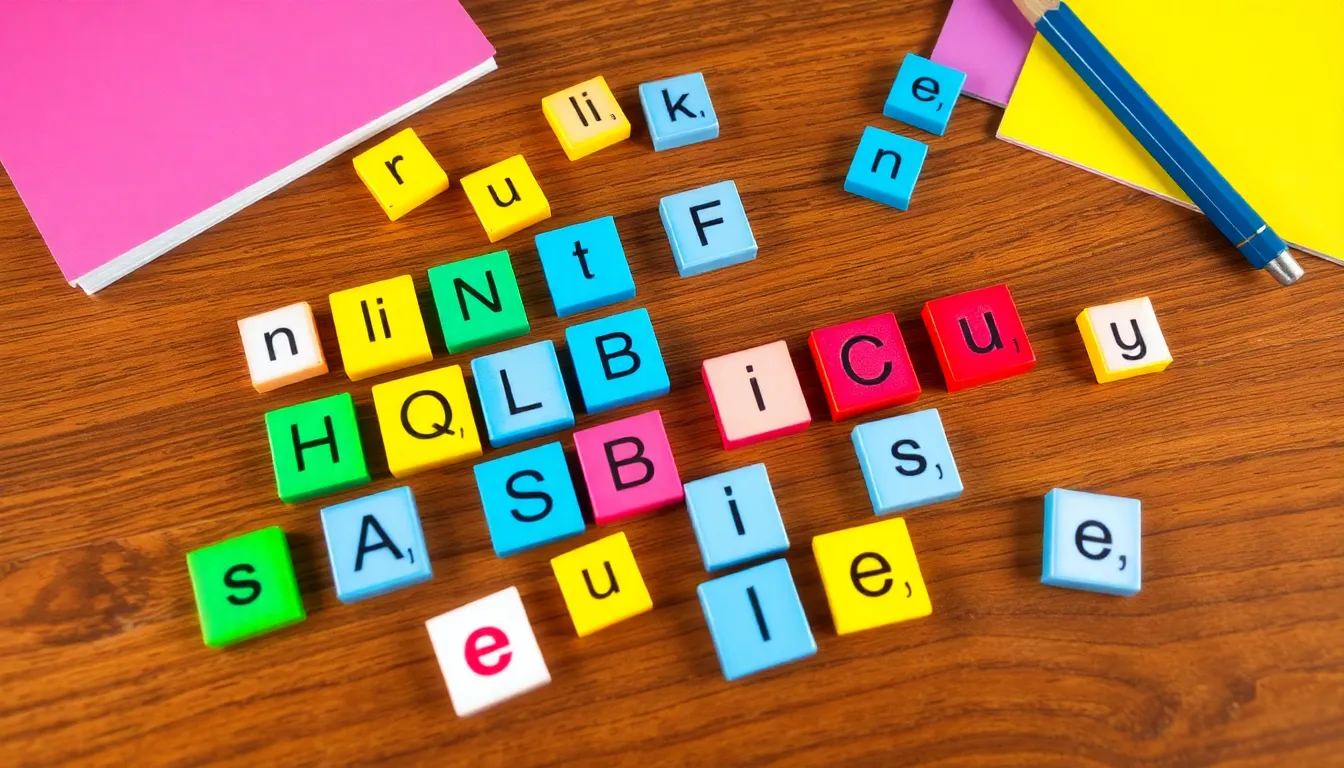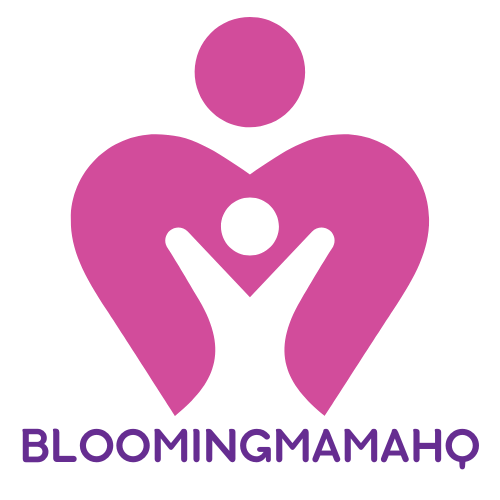Words can be tricky little creatures, especially when they come with a twist. Ever found yourself in a word game or crossword puzzle, desperately searching for that elusive five-letter gem that ends with an ‘e’? It’s like hunting for a needle in a haystack, but fear not! The English language is full of surprises, and this quest might just lead to some delightful discoveries.
Table of Contents
ToggleOverview of 5 Letter Words That End With E
Five-letter words ending with an ‘e’ form a unique category in the English language. These words often serve various purposes, including nouns, verbs, and adjectives. A variety of contexts enrich their usage, enhancing communication in word games and daily conversations.
Players frequently seek these words due to their strategic value in games like Scrabble and Words with Friends. Finding the right combination can make a significant difference in scoring. Common examples include “table,” “bride,” and “slope.” Each presents a unique opportunity for word formation.
The challenge lies in the vast array of options. Many players explore combinations by utilizing tools like word finders or lists of common five-letter words. Approaching this task strategically improves chances of success. For instance, players might focus on common prefixes or suffixes to aid their search.
While some words may seem simple, others can have layered meanings. The word “grace,” for example, conveys beauty and elegance. Understanding multiple definitions can enhance vocabulary and comprehension skills. Additionally, context determines the most appropriate usage in conversation or written text.
Developing strategies for remembering five-letter words that end with an ‘e’ can enhance language skills. Grouping them by themes or categories makes retention easier. Engaging with these words not only strengthens abilities but also enriches the language landscape in games and everyday discussions.
Examples of 5 Letter Words That End With E

Five-letter words ending with ‘e’ encompass a variety of intriguing options. Below are categories of common and unique examples that enhance vocabulary and gameplay.
Common Words
Common five-letter words that end with ‘e’ include terms frequently used in conversations and word games. Examples like “crate,” “stone,” and “shame” appear often in daily discourse. Other notable mentions include “grape,” “brave,” and “smile.” Each of these words can fit multiple contexts, whether as nouns or verbs, making them versatile choices in various scenarios.
Unique Words
Unique five-letter words that end with ‘e’ add flair to language. Words like “quate,” “blaze,” and “flare” illustrate distinct meanings often overlooked. Terms such as “pride,” “trice,” and “truce” present intriguing options for word aficionados seeking less common choices. Each contributes richness to vocabulary while providing strategic advantages in games.
Usage of 5 Letter Words That End With E
These five-letter words that end with ‘e’ find extensive use in various contexts, enhancing communication and creativity.
In Everyday Language
Commonly used terms like “peace,” “phone,” and “frame” enrich daily conversations, making them relatable and engaging. Many people naturally incorporate these words into routine dialogues, often reflecting emotions or describing objects. Words also play significant roles in casual text messages, where brevity and clarity matter. Using ‘e’ ending words can lead to more effective communication, particularly in fast-paced discussions. Such words help convey meanings promptly, ensuring that conversations flow smoothly and are easily understood.
In Literature and Poetry
Five-letter words that end with ‘e’ significantly contribute to the art of storytelling and poetic expressions. In literature, words like “style,” “grace,” and “pride” offer layers of meaning, inviting deeper interpretations. Writers often employ these words to evoke vivid imagery or to emphasize emotion. Poems frequently utilize them for rhythm and rhyme, enhancing the lyrical quality of the piece. This specific linguistic choice can shape readers’ experiences, making language not only functional but also aesthetically pleasing and thought-provoking.
Benefits of Expanding Your Vocabulary
Expanding vocabulary enhances communication skills and sharpens understanding. Greater familiarity with diverse words improves clarity in conversations and writing. Engaging with a variety of terms promotes expression, allowing individuals to convey emotions and ideas effectively.
In word games, a rich vocabulary can significantly elevate performance. Players equipped with numerous five-letter words ending with ‘e’ gain a competitive edge, strategically placing words to maximize their scores. Mastering words like “flame” or “grape” can change gameplay dynamics entirely.
Moreover, learning new words fosters cognitive development. Exposure to unique terms stimulates critical thinking and encourages more profound analysis of language. Those who regularly explore vocabulary can interpret subtleties in literary works and everyday conversations more adeptly.
Building a robust vocabulary also supports effective social interactions. Utilizing precise language helps articulate thoughts clearly and deepen connections with others. The use of words like “dance,” “brave,” and “smile” resonates well in casual settings, making communication more engaging.
Engagement with vocabulary enriches creativity as well. Innovative use of unique words sparks imagination, leading to more impactful storytelling. Words like “pride” or “grace” can add depth to narratives, evoking strong emotions in readers or listeners.
Ultimately, a well-developed vocabulary enhances both understanding and expression. Individuals who actively expand their word bank contribute to lively discussions, present arguments persuasively, and enjoy the nuances of language, whether in casual exchanges or competitive wordplay.
Exploring five-letter words that end with ‘e’ opens up a world of possibilities for both word game enthusiasts and everyday communicators. These words not only enhance gameplay but also enrich conversations and creative expressions.
By familiarizing themselves with this unique category, players can improve their strategic thinking and vocabulary. Utilizing tools like word finders or thematic groupings can make the search for these words more enjoyable and effective.
Ultimately, embracing the diversity of five-letter words ending with ‘e’ can lead to greater confidence in language use and a deeper appreciation for the nuances of English. Whether in games or daily interactions, these words provide valuable opportunities for connection and creativity.



